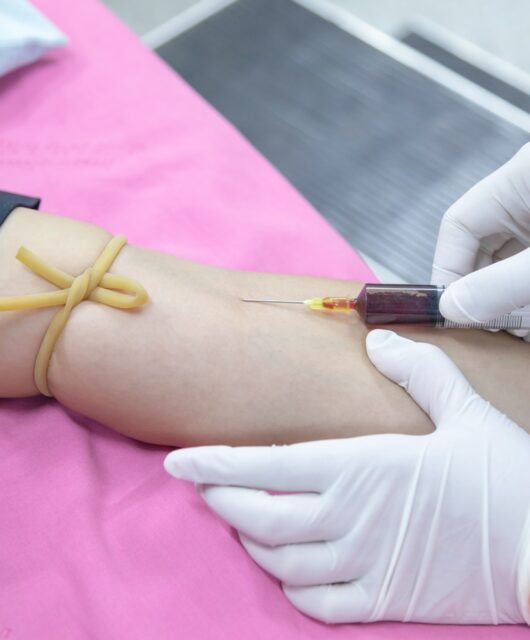What to do When You Suspect Drug Use in Your Family

Drug addiction often begins as a way for people to escape from one kind of undesirable state or another, it could be physical or mental distress. For instance, a person who battles depression and low energy levels may become dependent on drugs that contain chemicals that raise their energy levels and makes them more active. This may be stimulants such as caffeine, nicotine, ecstasy and speed, or hallucinogens such as LSD.
In the same vein, a war veteran who deals with constant pain from an injury sustained in the line of duty may become reliant on depressants. Depressants work by slowing down the response time of the central nervous system, and a common example is alcohol.
More often than not, drug dependency takes a negative toll on the user’s life, therefore, it can be a source of concern when it’s a family member who has developed an addiction to drugs. However, it is important to not get overly emotional if you suspect drug use in your family. There are several state services and discreet avenues to confirm your suspicions, such as Health Street Indiana drug testing, where you can get a drug test done and receive accurate results.
Prepare Yourself For The Conversation
It is important to be mentally and physically prepared for the conversation, especially since it is not unusual to feel some anxiety when broaching the topic of drugs with someone who might be dependent on them.
You might meet some resistance or denial, that’s part of the mental preparation. Other preparations include picking the right time and place for the conversation. Choose a time when the person is not currently under the influence of the drug, and a place that promises some privacy.
Doing it The Right Way
While it is all right for you to ask directly about their drug use, you should not make assumptions that the person is on drugs or ask for details such as the frequency with which they use the drug. Furthermore, it is important to construct your sentences in the right order when voicing your concern to your relative.
It is advisable to use “I” statements, e.g “I have noticed a shift in your mood lately…” or “I am worried about you…”. It is also important that you don’t pile on sentences or questions. Instead, give them the chance to respond to each sentence or question before asking another. Doing this will let them know that you’re not judging them, but you’re interested in listening to what they have to say.
Things to Avoid
Apart from listening to what they have to say, there are some things you should refrain from doing such as
-
Lecturing
-
Guilt-tripping
-
being judgmental
-
Calling them an addict
In conclusion, it is also important to reassure them with your support, you can ask them if they’d like to talk again in a week. Your relative may not agree that they have a drug problem or with the premise that drug dependency is a problem. It doesn’t mean you have failed, they may just need some time to think about the conversation.









